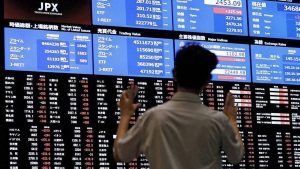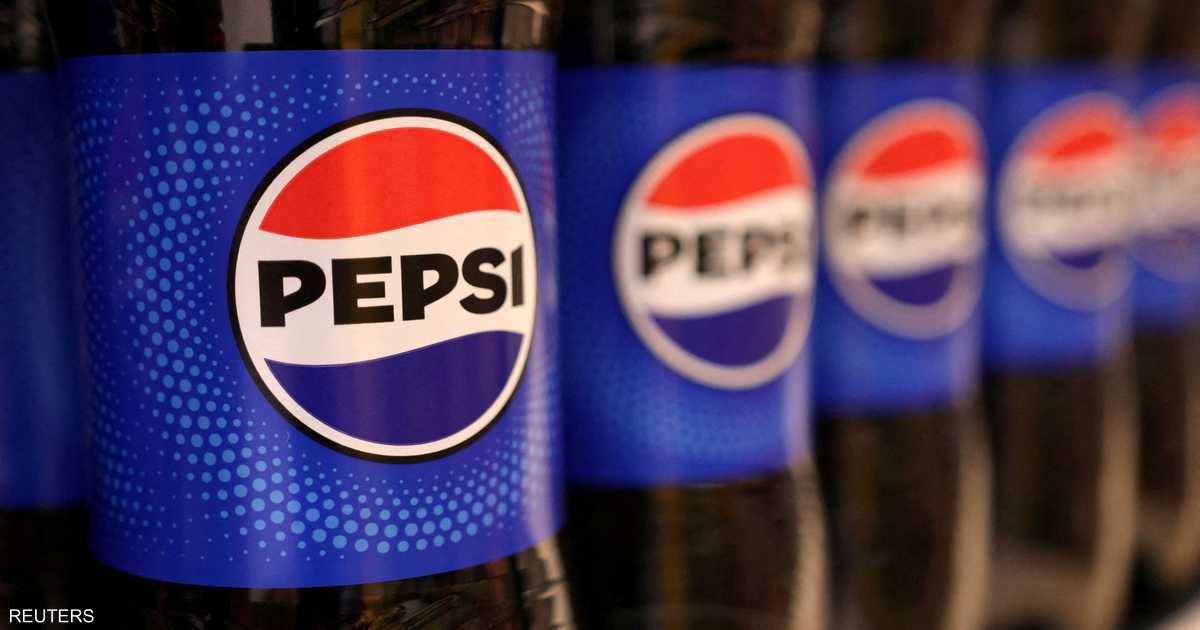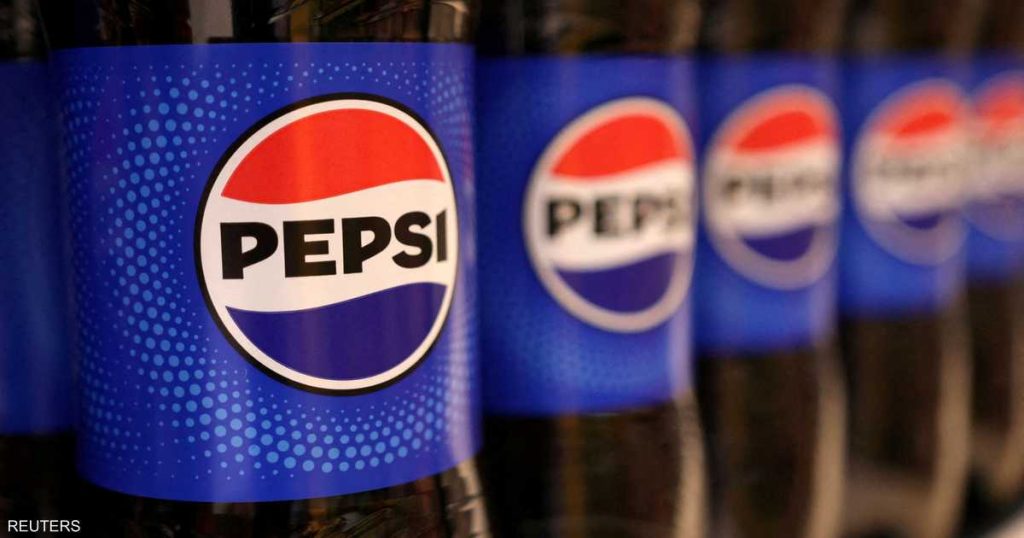In February, PepsiCo stated that years of price increases exceeding 10 percent, along with changing customer preferences, have weakened demand for its beverages and snacks.
In July, PepsiCo said it aims to combat the perception that its products are expensive by expanding the distribution of valuable brands like Chester’s and Sanitas.
At the same time, ongoing inflation has affected consumer behavior, leading many to reduce purchases of discretionary goods such as soft drinks and snacks.
In April, PepsiCo lowered its annual earnings forecast, citing rising costs due to tariffs and reduced consumer spending.
The company confirmed these forecasts three months later. Tariff costs have increased since then.
In June, the Trump administration raised tariffs on aluminum imports from 25 percent to 50 percent.
In a letter to PepsiCo’s board, Elliott Investment stated that the company suffers from a lack of clarity in its strategic vision, slowing growth, and declining profitability in the North American food and beverage sector. However, the firm still believes in PepsiCo’s potential, especially considering its international business growth.
Elliott said, “While this disappointing trajectory has been unfortunate, it has presented a historic opportunity: with the right mindset and an ambitious and appropriate transformation plan, PepsiCo today represents a rare chance to revive a leading global company and create significant value for shareholders.”
Elliott confirmed its desire to discuss with PepsiCo’s board and management ways to improve performance.














Recommended for you
Talib Al-Rifai Chronicles Kuwaiti Art Heritage in "Doukhi.. Tasaseem Al-Saba"
Exhibition City Completes About 80% of Preparations for the Damascus International Fair Launch
Unified Admission Applications Start Tuesday with 640 Students to be Accepted in Medicine
Egypt Post: We Have Over 10 Million Customers in Savings Accounts and Offer Daily, Monthly, and Annual Returns
His Highness Sheikh Isa bin Salman bin Hamad Al Khalifa Receives the United States Ambassador to the Kingdom of Bahrain
Al-Jaghbeer: The Industrial Sector Leads Economic Growth